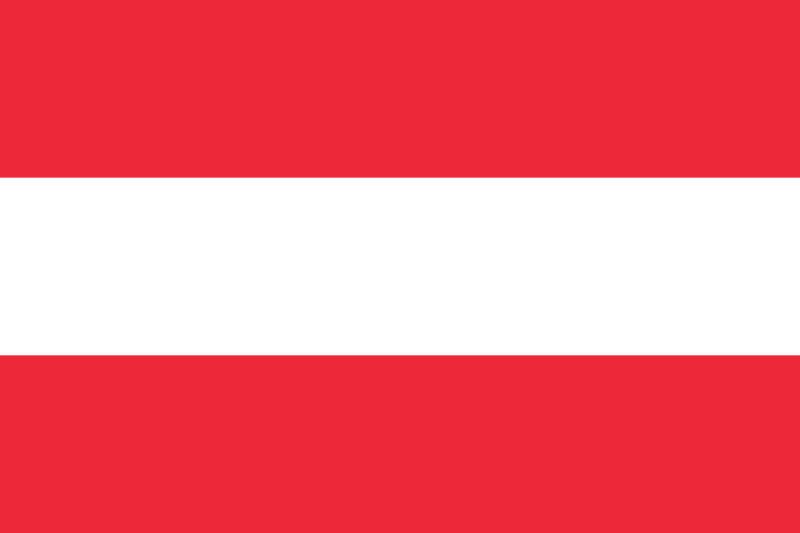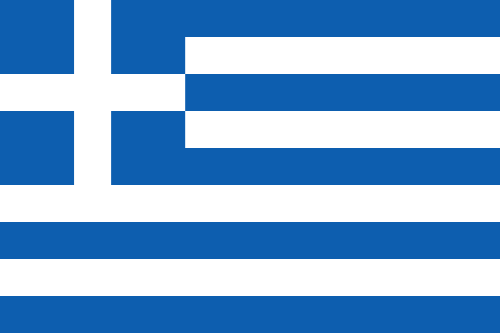August is a vibrant month for public holidays across Europe, with many countries celebrating various cultural, historical, and religious events. Here’s an overview of some notable public holidays in different European countries during August:
Assumption of Mary (August 15th)
One of the most widely observed holidays in Europe during August is the Assumption of Mary, a significant feast in the Christian liturgical calendar commemorating the belief that the Virgin Mary was assumed body and soul into heaven. This day is marked by various religious and cultural activities and is a public holiday in several countries, including:





- Austria: Known as Mariä Himmelfahrt, it is celebrated with church services and, in some regions, processions and fairs.
- France: Called Assomption, it includes religious ceremonies and local festivities.
- Italy: Known as Ferragosto, it is a major holiday with roots in Roman times, featuring feasts, parades, and fireworks.
- Spain: Celebrations include processions, especially in cities like Madrid and Seville.
- Greece: The Dormition of the Theotokos is one of the most important religious holidays, marked by pilgrimages and festive events.
Other Notable Holidays in August
- Switzerland: Swiss National Day (August 1st) celebrates the founding of the Swiss Confederation in 1291. It is marked by fireworks, parades, and communal gatherings.
- Iceland: Commerce Day (first Monday in August) is a holiday for workers, with various events and festivities across the country.
- Scotland: August Bank Holiday (first Monday in August) is a time for relaxation and various cultural events, though it is not observed in other parts of the UK, which celebrate their summer bank holiday later in the month.
- Ireland: The August Bank Holiday (first Monday in August) marks the peak of summer, with numerous festivals, sports events, and cultural activities.
Regional and Local Holidays
- Spain: In addition to the Assumption of Mary, Spain has several regional holidays. For example, in Málaga, the Feria de Agosto (Málaga Fair) takes place in the second week of August, featuring parades, music, and traditional Andalusian dress.
- Portugal: Municipal holidays in various cities, such as the Feast of Saint Lawrence in the city of Porto, celebrated on August 10th.
Cultural and Historical Festivals
- Belgium: The Meyboom Festival in Brussels (August 9th) is a folklore event celebrating the planting of a symbolic tree, featuring traditional music and costumes.
- Italy: The Palio di Siena, a historic horse race, takes place on August 16th in Siena, Tuscany. This event is a major draw for tourists and locals alike, with medieval pageantry and intense competition.
Conclusion
August is a month filled with diverse public holidays across Europe, reflecting the continent’s rich tapestry of cultural, religious, and historical traditions. These holidays not only provide time for rest and celebration but also offer a glimpse into the unique heritage of each country and region. Whether through religious feasts, national celebrations, or local festivals, August is a vibrant time in Europe, with something special to experience in every corner of the continent.
The month of August has a rich history rooted in the Roman calendar. Here’s an overview of its origin:
Origin of the Month August
The month of August derives its name from Augustus Caesar, reflecting the deep impact of Roman history on our calendar. Originally the sixth month named Sextilis, it was renamed to honor Augustus’s legacy and achievements, a testament to the emperor’s lasting influence on the world.
Roman Calendar and Naming:
- Originally Sextilis: In the early Roman calendar, the month was originally known as Sextilis because it was the sixth month in the ten-month Roman calendar.
- Julian Calendar Reform: With the introduction of the Julian calendar by Julius Caesar in 45 BCE, two months (January and February) were added to the beginning of the year, making Sextilis the eighth month.
Renaming to August:
- Emperor Augustus: In 8 BCE, Sextilis was renamed Augustus in honor of the first Roman emperor, Augustus Caesar. This change was made to commemorate Augustus’s many achievements, including his victory over Mark Antony and Cleopatra in the Battle of Actium, which occurred in this month.
- Significance and Honors: The renaming was also part of a broader effort to align the calendar with significant figures of the Roman Empire. The month was chosen because several of Augustus’s notable accomplishments happened during this time, and it was considered a month of good fortune.
Calendar Adjustments:
- Equal Length: Augustus wanted his month to be equal in length to July, which was named after Julius Caesar. Therefore, a day was taken from February and added to August, making both July and August 31 days long.
Cultural and Historical Impact
- Festivals and Celebrations: The renaming of the month also influenced the cultural and religious observances of the time. Various festivals and public holidays were often aligned with the achievements and legacy of Augustus, embedding his influence into the fabric of Roman life.
- Continued Influence: The name Augustus persisted through the centuries, carried forward by the widespread use of the Julian calendar, and later the Gregorian calendar, solidifying its place in the modern calendar used today.

